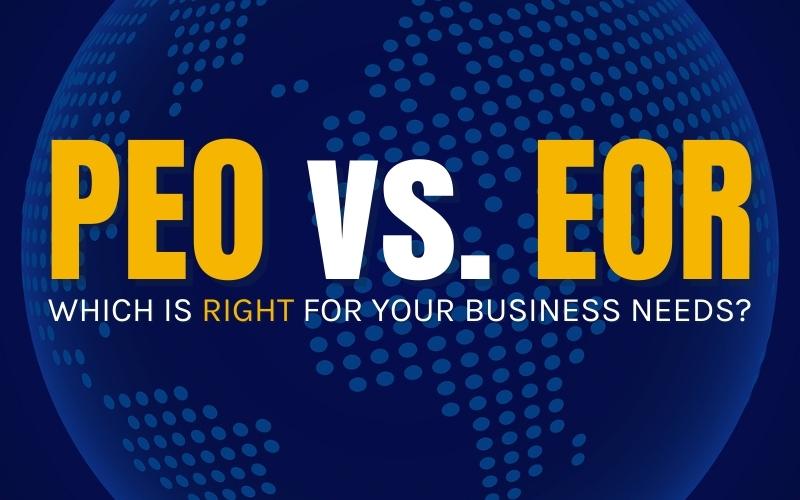Human Resource Management

Although similar on the surface, professional employer organizations (or PEOs) and employers of record (or EORs) operate under vastly different business models — and the biggest difference between PEOs and EORs can be summed up in two words: partner status. PEOs serve as your co-employer partner, whereas EORs serve as the legal employer of your dispersed workforce. Both…
Read the full story
On today’s episode of the Human Capital Innovations (HCI) Podcast, Jonathan H. Westover speaks to Tania Fiero from Innovative Employee Solutions (IES) about addressing workforce gaps using contingent workers. Tune in for the full conversation on Human Capital Innovations (HCI) Podcast with Jonathan H. Westover. Interview with: Tania Fiero, Chief Human Resources Officer…
Read the full story
Although remote work once seemed like a temporary fix during the pandemic, it’s evident that it’s here to stay. While remote and hybrid offices were taking hold of the workforce, companies also began engaging more contingent and freelance workers. In a recent survey, large corporations in the U.S. said that 28% of their workforces were…
Read the full story
The way people work has been changing for a while now. Even before the pandemic hit, companies had been rethinking their approach to business. The last couple of years accelerated many of the trends already present. One of the most common of those trends was remote work, or, at the very least, hybrid work. At the…
Read the full story
Employer of record partners can be exactly the boost your staffing agency needs right now. If you’re looking to engage more workers, whether remote, in office, or hybrid, a partnership with an EOR will help expand your reach. An EOR manages the onboarding process, ensuring all benefits, workers’ compensation, and onboarding are handled compliantly while making…
Read the full story
Hiring European employees hasn’t been a recruiting practice explored by many companies in the U.S. — that is, of course, unless they’re expanding the business beyond national shores. But with the ways of work now changing, coupled with the current talent shortage, U.K. recruiting has become a viable option. However, the tactic isn’t as straightforward as hiring U.S.…
Read the full story
The benefits of hiring globally are sought after now more than ever. By removing geographical limits, employers get access to wider, more diverse talent. This gives employers the ability to choose workers based on skill and experience rather than location, which opens up the hiring pool and makes it easier to fill specialized roles with…
Read the full story
If you are thinking about expanding your organization to a different country or state, or if you are looking to expand your talent pool by hiring outside of your state or country, it might be time to consider an employer of record (EOR). Business leaders spend considerable time and resources recruiting talent, processing payroll, marketing their…
Read the full story
Hiring international employees is a tricky but essential practice for many businesses. Your company is growing and ready to take the next step of expanding globally. As your company grows, one of the first considerations is how to engage the workforce needed to support your expansion efforts. Understanding employment laws and cultural expectations for the…
Read the full story
"I quit" are two words that could describe the mood of the workforce for the last few years. These words have been literally (or figuratively) uttered by many employees across industries and are dreaded by employers. Most people have not realized that many millennials have or will tender their resignations over the next several years.…
Read the full story


